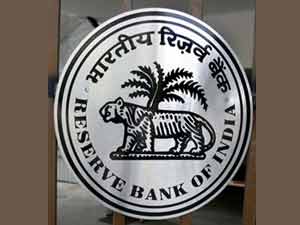Will the RBI maintain status quo on Oct 30?

The recent reform initiatives by the government have also built pressure on the RBI to act by reducing the repo rates and hence interest rates. The Monetary Policy Review is slated for October 30, 2012, when the RBI has to decide to cut rates or not, against the backdrop of reforms.
But, if we do a more fundamental analysis than it seems that a rate cut at this juncture is hardly warranted. Inflation in the economy is way above the RBI's comfort zone and much higher when compared to other emerging economies.
The annual rate of inflation, based on monthly WPI, stood at 7.81% (provisional) for the month of September, 2012(over September, 2011) as compared to 7.55% (provisional) for the previous month and 10.00% during the corresponding month of the previous year. Build up inflation in the financial year so far was 4.60% compared to a build up of 4.48% in the corresponding period of the previous year.
Inflation is likely to inch up further once the full impact of the recent diesel price hike is reflected. With inflation at elevated levels, it would be disastrous for the RBI to cut rates and succumb to pressure from the government and industry.
The government has its own agenda in craving for lower interest rates. It has a huge borrowing programme and lower interest rates are definitely a boon to it. Also, lower interest rates means buoyant stock markets, enabling the government's own divestment programme (it plans to sell shares in government owned entities).
Industry of course has its own vested interested. It wants to boost its own bottomline by reducing borrowing costs and hence the comments from industry leaders. Interestingly, these people are heard and their comments are featured through the media.
What about the millions of retired individuals whose only source of income is fixed income securities. Can the RBI reduce interest rates when inflation is so high, so as to reduce the real rate of returns of millions of individuals who depend on interest incomes. Or even say push real rate of returns into "negative" for these class of investors.
Clearly, it would be disastrous for the RBI to cut rates when inflation is so high, never mind the slow build up in pressure from several quarters. In fact, low levels of interest rates in the West precipitated a financial crisis, when borrowings from individuals and corporate reached unprecedented levels.
The RBI might want to wait for some more time, before hastily deciding on a rate cut on Oct 30.
GoodReturns.in
































